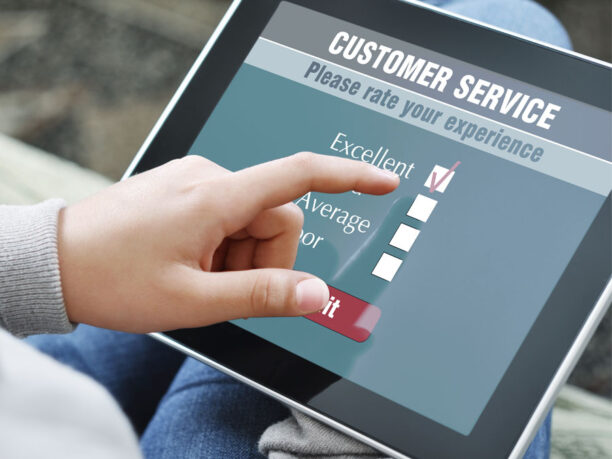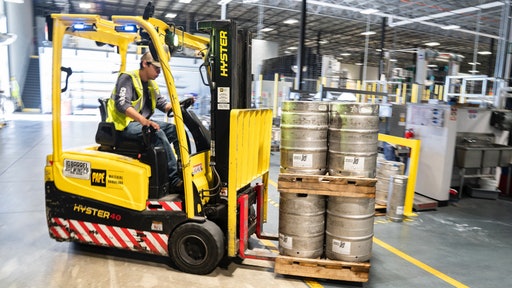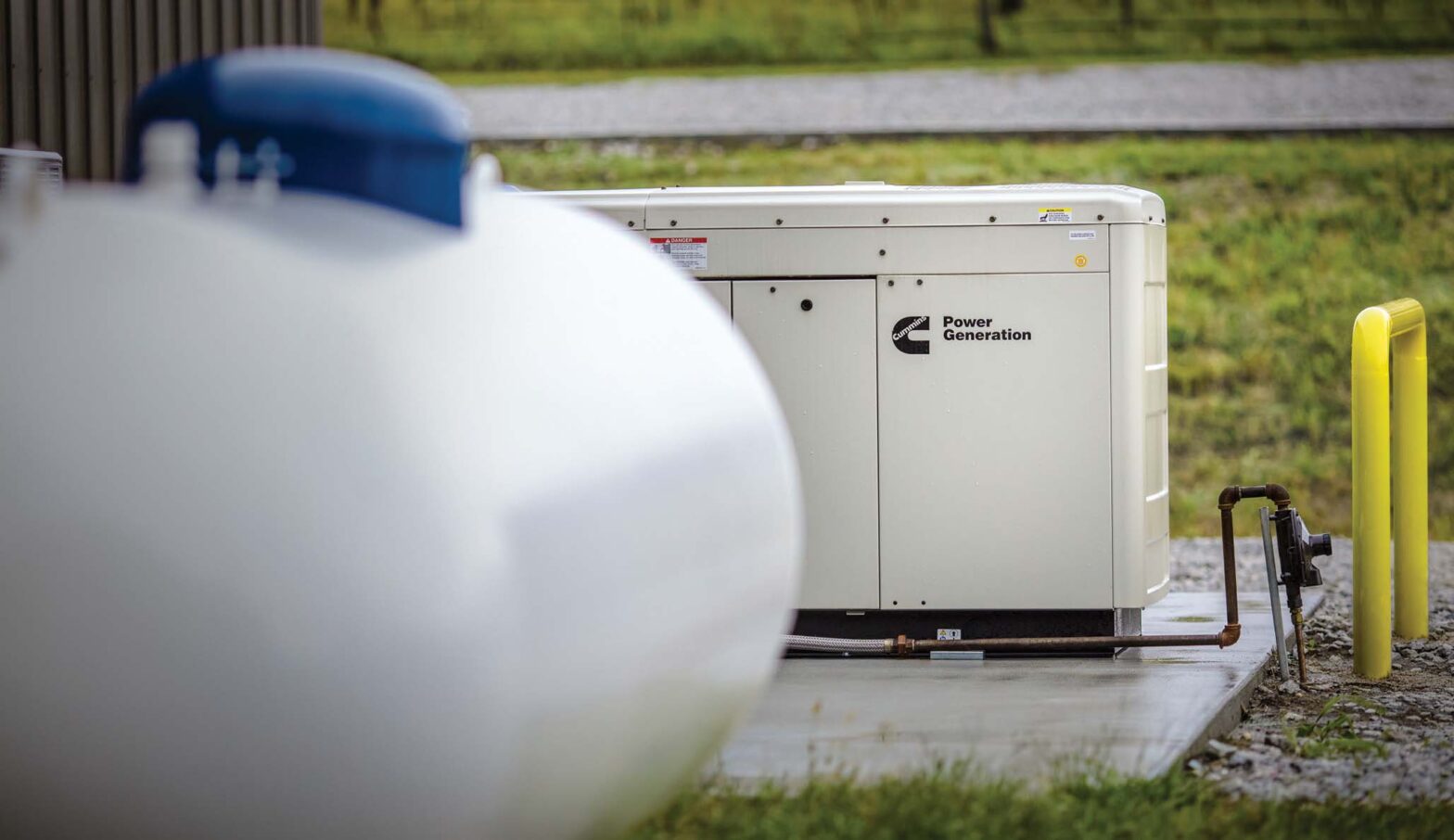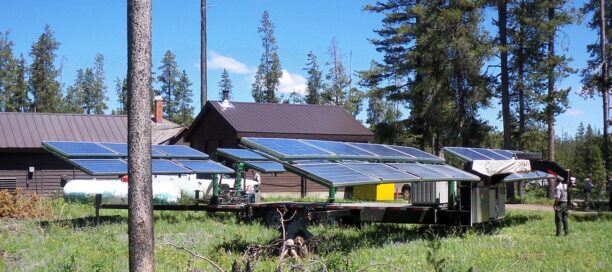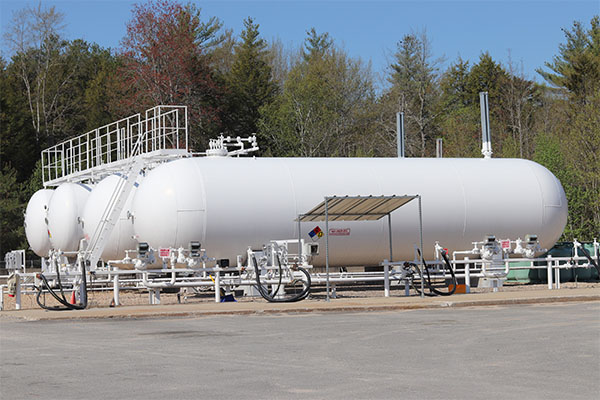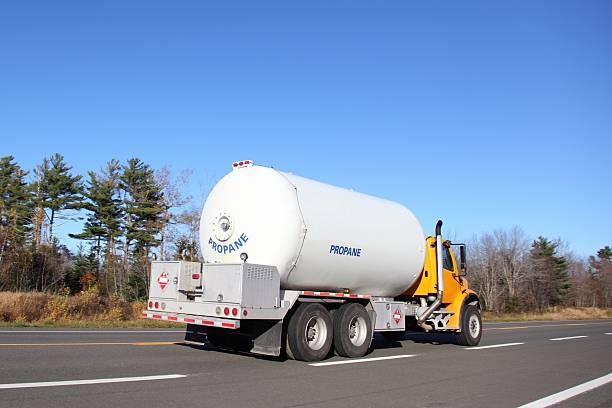Improving Propane Delivery Services with Customer Feedback
Customer feedback is extremely valuable for propane delivery businesses looking to enhance their services and strengthen customer satisfaction. By actively soliciting and leveraging customer feedback, propane delivery companies can gain insights into their strengths, weaknesses, and areas for improvement. Here are some practical strategies for leveraging customer feedback to improve propane delivery services: Regular Surveys… Continue reading Improving Propane Delivery Services with Customer Feedback
Customer feedback is extremely valuable for propane delivery businesses looking to enhance their services and strengthen customer satisfaction. By actively soliciting and leveraging customer feedback, propane delivery companies can gain insights into their strengths, weaknesses, and areas for improvement. Here are some practical strategies for leveraging customer feedback to improve propane delivery services:
Regular Surveys and Feedback Requests
Implementing regular surveys and feedback requests allows propane delivery businesses to collect valuable insights directly from their customers. These surveys can be distributed via email, SMS, or conducted through online platforms. By asking targeted questions about delivery experiences, customer satisfaction, and suggestions for improvement, businesses can gather actionable feedback to inform strategic decision-making.
Personalized Follow-Up Communication
Following up with customers after delivery allows for gathering real-time feedback and promptly addressing concerns or issues. Personalized follow-up communication, such as thank you emails or phone calls, demonstrates a commitment to customer satisfaction and encourages customers to share their experiences openly. Propane delivery businesses can build trust and loyalty by engaging directly with customers while gathering valuable feedback.
Monitoring Online Reviews and Social Media
Monitoring online reviews and social media channels allows propane delivery businesses to track customer sentiment and identify areas for improvement. By actively monitoring platforms such as Google reviews, Yelp, and social media networks, companies can respond to customer feedback, address concerns, and publicly demonstrate their commitment to customer satisfaction. Engaging with customers online also helps foster positive relationships and enhances brand reputation.
Employee Training and Feedback Channels
Training frontline employees to solicit and handle customer feedback effectively is essential for maximizing the impact of customer feedback initiatives. Employees should be empowered to actively listen to customer concerns, gather feedback, and escalate issues. Additionally, establishing internal feedback channels allows employees to share customer insights and suggestions for process improvements with management, fostering a culture of continuous improvement.
Data Analysis and Actionable Insights
Analyzing customer feedback data enables propane delivery businesses to identify trends, patterns, and common concerns among customers. By categorizing feedback and prioritizing areas for improvement, companies can develop targeted action plans to address challenging areas and enhance service quality. Data-driven decision-making ensures that resources are allocated effectively to realms with the most significant impact on customer satisfaction.
A Powerful Strategy
Leveraging customer feedback is a powerful strategy for propane delivery businesses seeking to improve service quality, enhance customer satisfaction, and drive business growth. Propane delivery businesses can build stronger relationships, foster customer loyalty, and differentiate themselves in a competitive market by actively prioritizing and responding to customer feedback.

